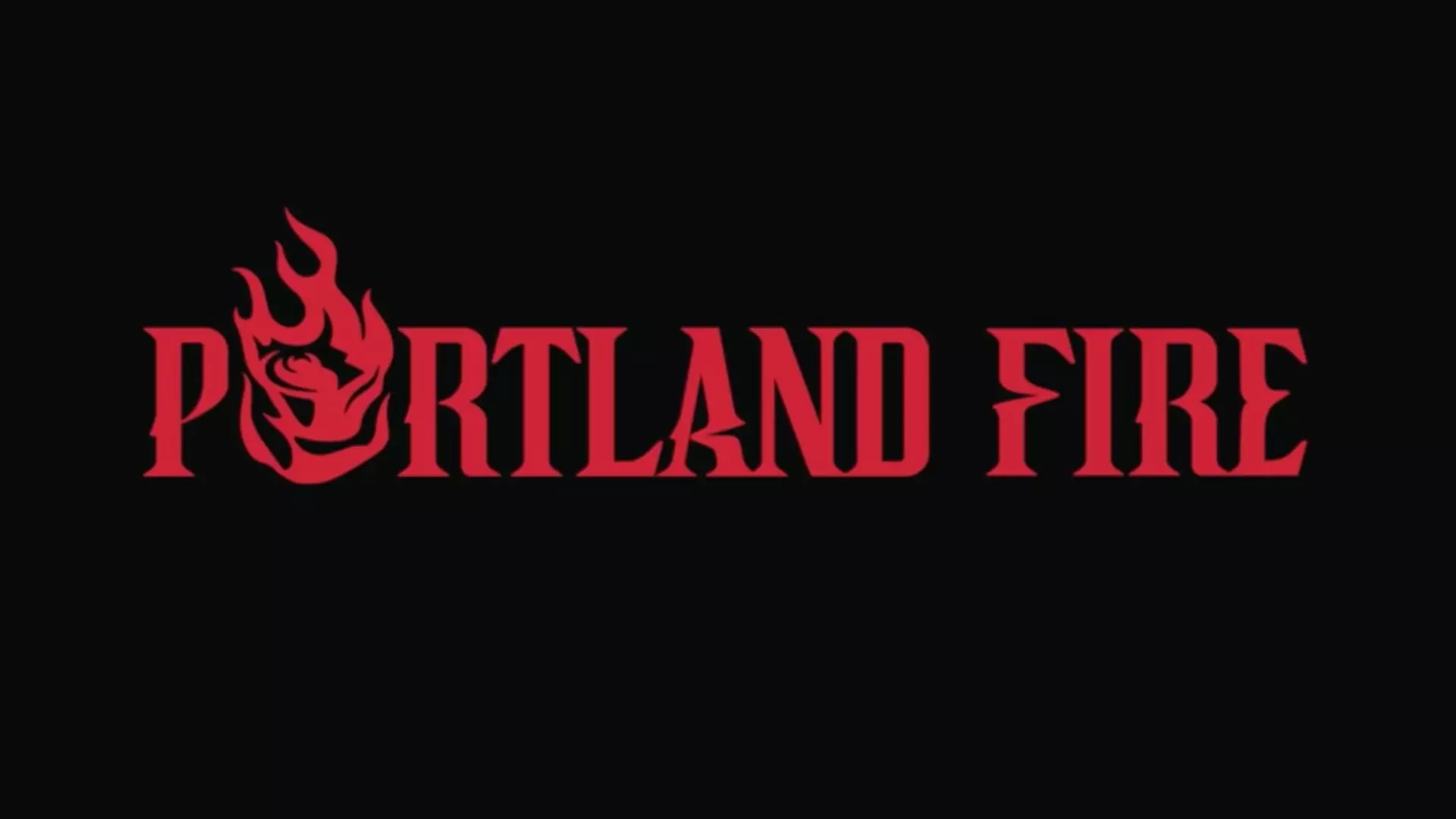The unveiling of Portland’s new WNBA team, the Fire, is ostensibly a tribute to the city’s passionate support for women’s sports and a nod to its storied basketball past. However, beneath the symbolic flames and regional references lies a complex debate: is this revival a genuine effort to empower women’s athletics, or merely a calculated move to capitalize on a moment of rising popularity in women’s sports? While supporters praise the rekindling of Portland’s basketball legacy, critics could argue that such rebirths often serve more to boost franchise profitability than to advance gender equality or community welfare.
The reintroduction of the Fire underscores Portland’s long-standing reputation as a city that champions progressive causes. Yet, am I convinced that this is about creating meaningful opportunities for women athletes? Or is it another corporate spectacle, riding the wave of expanding women’s sports leagues? The answer depends heavily on the underlying motives, and it’s worth questioning whether these initiatives prioritize authentic empowerment or simply corporate branding.
Symbolism: More Than Just a Logo
The team’s branding—featuring a flaming rose—intends to evoke regional pride and resilience. This deliberate symbolism ties the franchise tightly to Portland’s identity: the “Rose City” intertwined with the “unrelenting intensity” of fire. But symbols, no matter how beautiful, are hollow without substance. Is this fire a true reflection of the grit and sacrifice female athletes face, or just a corporate aesthetic designed for marketing splash? The decision to embed local architecture, bridges, and mountains into the logo reflects a clever marketing tactic that seeks to foster local pride, yet it might also obscure the uncomfortable realities of women’s sports — lower pay, limited media coverage, and societal undervaluation.
While the visual elements aim to emotionally connect with the community, it risks reducing a nuanced social movement into superficial imagery. Does this branding genuinely signal respect and recognition for women’s sports, or is it merely window dressing? We must be wary of symbols that serve more to appease than to fundamentally change the landscape of women’s athletic opportunities.
Economic Ambitions Versus Social Responsibility
The staggering milestone of 10,000 season ticket deposits is presented as evidence of Portland’s enthusiasm. Yet, should we assume that spectator interest alone signifies meaningful progress? The economic incentives behind expanding the WNBA are undeniable; franchises like Portland’s can become lucrative ventures in an increasingly lucrative women’s sports industry. But profit motives can conflict with social responsibility. Are we prioritizing entertainment over equity? Are these expansions aimed at fostering genuine community engagement, or are they primarily strategic investments designed to capitalize on the current momentum?
Furthermore, the partnership with the Portland Thorns and the planned dual-sport women’s performance center suggest a broader corporate approach: consolidating women’s sports under a unified banner of success, yet potentially at the expense of specialized development. This corporatization risks commodifying women’s athleticism, undermining the unique dignity and individual struggles of female athletes in favor of brand-building.
In the end, Portland’s fire may indeed symbolize resilience, but on a deeper level, it also raises challenging questions about whether this revival truly champions equity or simply exemplifies a fashionable corporate trend. As a center-leaning liberal, I believe in the importance of supporting authentic social progress — but I remain skeptical that this high-profile relaunch will sustain or deepen the fight for gender equality in sports unless genuine systemic change accompanies it.


Leave a Reply